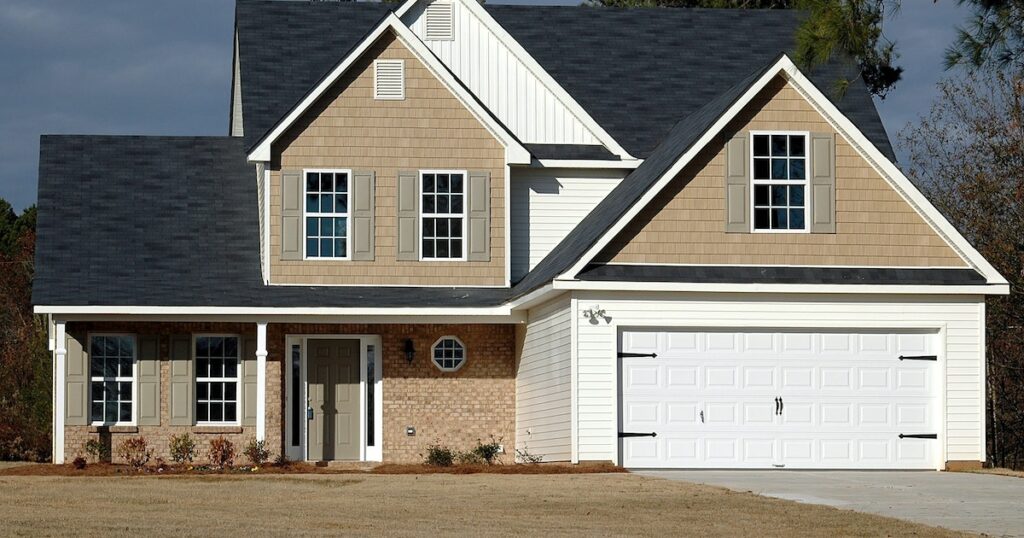Learn How to Qualify for an FHA Loan

If you have a FICO score of 580 or better, you may be qualified for a 3.5% down payment on an FHA loan. If your FICO score is as low as 500, you may still qualify for an FHA loan. However, a more significant down payment of 10% is required. Check your credit report for free through Experian to see where your credit stands.
• You must have verifiable income. There are no defined income criteria for FHA loans, but your lender will want to see that you have a consistent source of income and can afford your monthly mortgage payments. To confirm this, lenders may check your pay stubs, tax returns, bank statements, or other paperwork.
If you need assistance determining your eligibility for an FHA loan, find a HUD-approved housing counseling agency in your area. Their counselors can also help you navigate the application process.
Can I apply for an FHA loan more than once?
There’s good and bad news here: FHA loans aren’t just for first-time home purchasers, and there’s no limit to how many FHA loans you can get in your lifetime. However, because these loans are reserved for principal residences, you can only have one simultaneously. However, there are several exceptions, such as migrating for work or permanently quitting a jointly held property (such as in a divorce, where the co-borrower will remain).
How to determine whether an FHA loan is the best option?
Although an FHA loan has many advantages, there are better options for some prospective home buyers. If you need to improve your credit, an FHA loan may be right for you. Conventional mortgage loans typically demand at least a 620 credit score. However, FHA loans allow for lower credit scores. Even if you’ve had more serious credit issues, like bankruptcy, you may still be eligible for an FHA loan.
• You don’t have much money set aside for a down payment. FHA loans, which allow you to put down as little as 3.5%, are an alternative for homebuyers who have yet to be able to save a considerable amount of money.
• You require assistance with closing costs. Traditional mortgages require applicants to pay significant upfront expenses in addition to the down payment, which can easily total thousands of dollars. The FHA permits some closing expenses to be rolled into the mortgage and paid overtime to assist homeowners.
FHA loans have advantages, but there is a cost in the form of mortgage insurance. Homebuyers who use an FHA loan must pay an upfront fee, typically 1.75% of the loan amount. A continuous annual mortgage insurance fee of 0.45% to 1.05% of the loan amount is also required.
This annual premium (paid in monthly installments) is payable throughout the life of the loan unless you refinance later or put down 10% or more, in which case it will be waived after 11 years.


